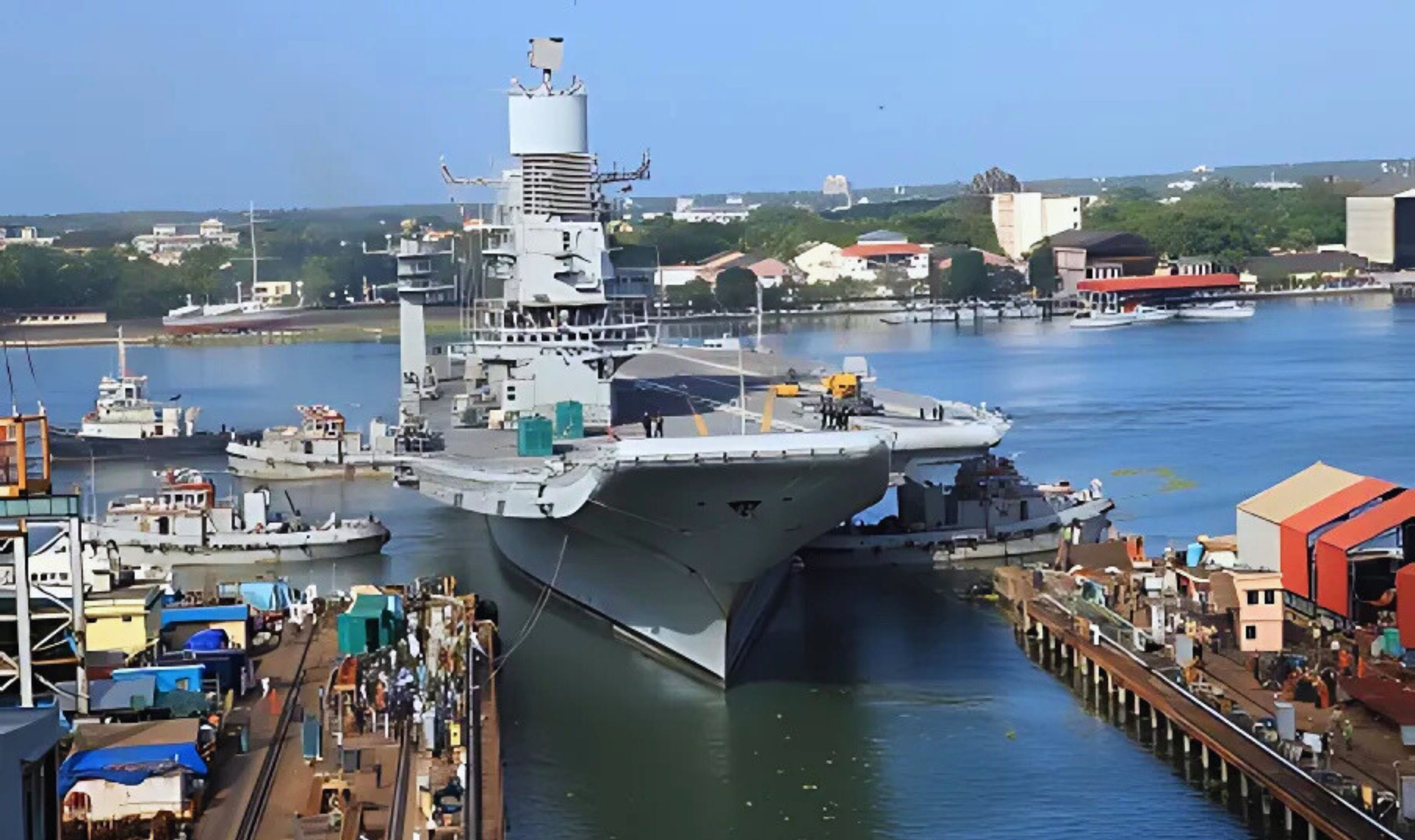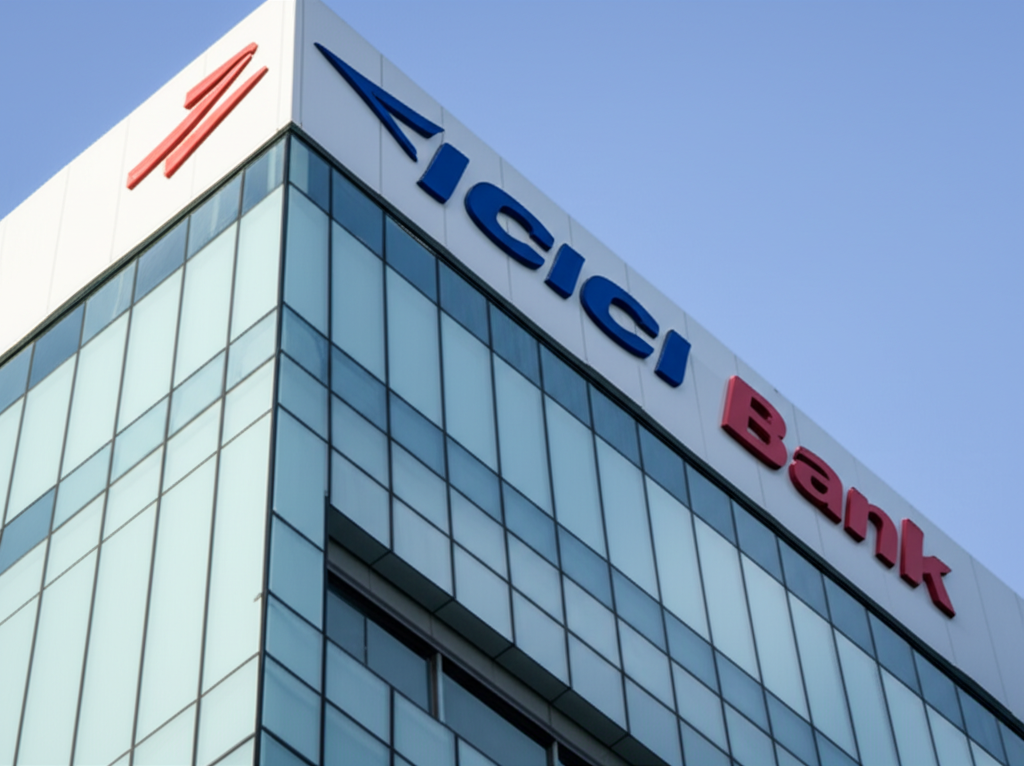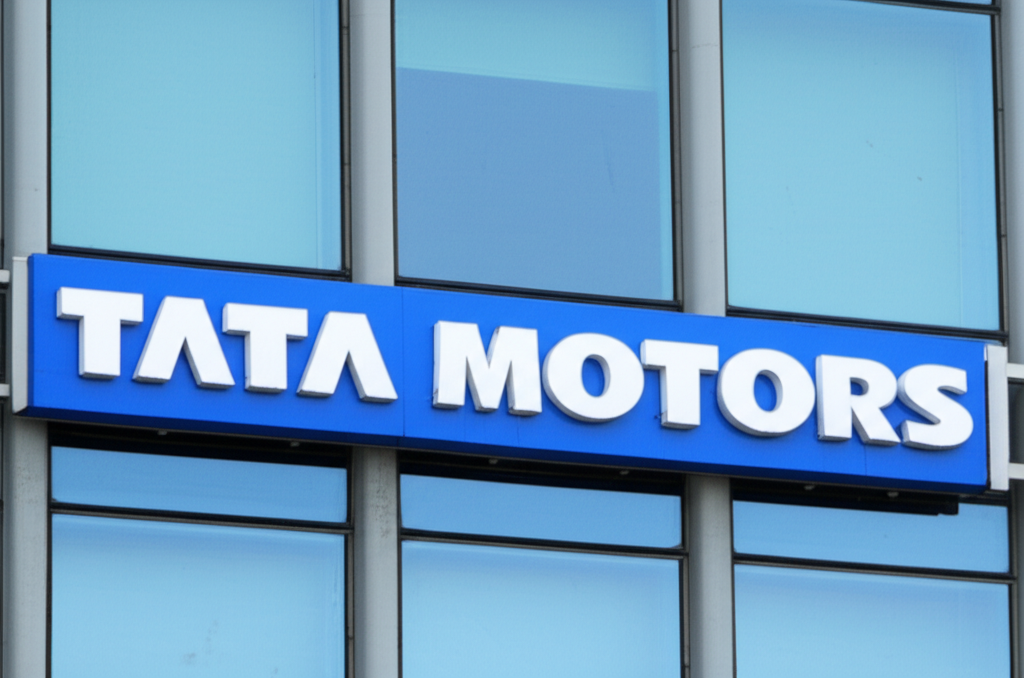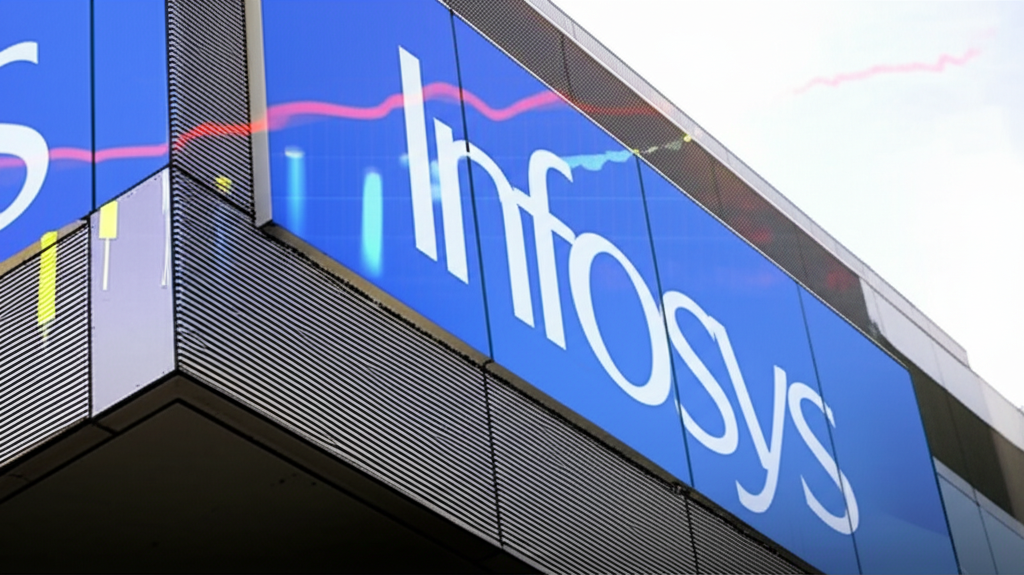On April 9, 2025, Cochin Shipyard Limited (CSL), India’s premier shipbuilding and repair company, announced a landmark Memorandum of Understanding (MoU) with Dr Mouck’s World, a leading maritime services provider under DP World. The collaboration aims to establish advanced ship repair clusters in India, starting with facilities in Kochi, Kerala, and Vadinar, Gujarat. The announcement triggered a 2% rise in Cochin Shipyard’s share price on the National Stock Exchange (NSE), with the stock (ticker: COCHINSHIP) climbing to approximately ₹1,347 from its previous close. This article explores the details of the partnership, its implications for CSL’s growth, the Indian maritime sector, and the economic landscape, while analysing the factors behind the stock’s performance.
Cochin Shipyard: A Pillar of India’s Maritime Industry
Founded in 1972 and headquartered in Kochi, Kerala, Cochin Shipyard Limited is a public sector undertaking (PSU) under the Ministry of Ports, Shipping, and Waterways. CSL is renowned for its shipbuilding prowess, having delivered iconic vessels like the indigenous aircraft carrier INS Vikrant for the Indian Navy. The company operates a world-class facility, including a 310-meter dry dock, an international ship repair facility (ISRF) at Willingdon Island, and a ship lift system capable of handling vessels up to 130 meters.
CSL’s financial performance is robust, with a consolidated total income of ₹1,194.42 crore for the quarter ending December 31, 2024, up 7.21% year-on-year. With a market capitalization of approximately ₹35,469.87 crore, an order book of ₹22,500 crore (70% defence contracts), and key metrics like a PE ratio of 47.52 and a price-to-book ratio of 7.59, CSL stands tall among competitors such as Mazagon Dock Shipbuilders and Garden Reach Shipbuilders & Engineers (GRSE). The company’s diversified portfolio spans defence, commercial shipbuilding, and ship repair, positioning it as a cornerstone of India’s maritime ambitions.
Drydocks World: A Global Maritime Powerhouse
Drydocks World, based in Dubai, is a global leader in ship repair, conversions, and offshore fabrication, operating under DP World, a multinational logistics and maritime services giant. With decades of experience in delivering complex marine engineering projects, Drydocks World has earned a reputation for excellence in vessel maintenance, offshore platform fabrication, and sustainable maritime solutions. Its expertise in integrating cutting-edge technologies and global best practices makes it an ideal partner for Cochin Shipyard’s vision to modernise India’s ship repair infrastructure.
The partnership aligns with India’s Maritime India Vision 2030 and Maritime AmritKaal Vision 2047, which aim to elevate India’s maritime sector to global prominence. By combining CSL’s domestic capabilities with Drydocks World’s international expertise, the collaboration seeks to create world-class ship repair clusters that enhance India’s competitiveness in the global maritime market.
The Mou: Strategic Goals and Scope
Signed on April 9, 2025, the Mou outlines a strategic roadmap for developing ship repair clusters in India, with a focus on operational efficiency, technological advancement, and economic impact. Key objectives include:
- Strengthening Ship Repair Infrastructure: The partnership will modernise existing facilities, starting with the ISRF in Kochi, by adopting advanced repair techniques, Iot-enabled monitoring systems, and predictive maintenance. Future clusters in Vadinar and other coastal regions will follow.
- Advancing Offshore Fabrication: The collaboration will explore opportunities in offshore fabrication, supporting strategic projects in the oil and gas, renewable energy, and maritime infrastructure sectors. This includes engaging with government bodies and major ports to develop specialised facilities.
- Job Creation and Skill Development: The initiative is expected to generate over 2,000 direct and indirect jobs, particularly in Kerala and Gujarat. CSL’s Marine Engineering Training Institute will play a key role in training skilled workers, aligning with India’s Skill India Mission.
- Supporting National Maritime Policies: The partnership supports India’s maritime development goals, backed by policies like the Shipbuilding Financial Assistance Policy (SBFAP) 2.0 and a ₹25,000 crore allocation to the Maritime Development Fund (MDF) in the Union Budget 2025-26.
On May 1-2, 2025, a Drydocks World delegation, led by CEO Captain Rado Antolovic, visited CSL’s facilities in Kochi. The visit included tours of the dry dock, ISRF, and training institute, as well as discussions with CSL’s leadership, headed by Chairman and Managing Director Madhu S. Nair. These talks focused on operationalising the Mou, identifying immediate priorities, and planning long-term collaboration.
Stock Market Response: Unpacking the 2% Surge
The Mou announcement on April 9, 2025, sparked a 2% rally in Cochin Shipyard’s shares, reflecting investor optimism about the partnership’s potential. The stock, which had been trading below its 5-day, 10-day, 20-day, 100-day, 150-day, and 200-day moving averages but above its 30-day and 50-day averages, saw renewed momentum. Several factors drove this performance:
- Strategic Partnership Value: The tie-up with Drydocks World, a globally respected name, signalled CSL’s ambition to expand its market presence and technical capabilities, boosting investor confidence.
- Policy Alignment: The collaboration’s alignment with government initiatives like Maritime India Vision 2030 and budgetary support for the maritime sector reassured investors of a stable policy environment.
- Strong Fundamentals: CSL’s ₹22,500 crore order book, with 70% from defence contracts, and projected revenue growth of 38.9% year-on-year for the March 2025 quarter (per Kotak Institutional Equities) underscored its financial strength.
- Market Context: A broader rally in defence and shipping stocks, fueled by geopolitical developments and India’s ceasefire with Pakistan on May 12, 2025, provided a favourable backdrop for CSL’s stock.
Despite a 12% year-to-date decline in 2025, CSL’s stock has delivered a 21.08% return over the past year and an extraordinary 1109% return over five years, cementing its status as a multibagger. The 2% surge, while modest, highlighted renewed investor interest in CSL’s growth story.
Implications for India’s Maritime Sector
The CSL-Drydocks World collaboration has transformative potential for India’s maritime industry, which is undergoing a renaissance under government-led initiatives. Key implications include:
1. Upgrading Ship Repair Capabilities
India’s ship repair sector has historically been constrained by limited capacity and outdated infrastructure, lagging behind global hubs like Singapore and Dubai. The partnership aims to address these gaps by introducing advanced technologies, such as automated repair systems and real-time diagnostics, at the Kochi ISRF. This will enhance India’s ability to service domestic and international vessels, capturing a larger share of the global ship repair market.
2. Economic and Employment Benefits
The development of ship repair clusters in Kochi and Vadinar is projected to create significant economic value, including over 2,000 jobs in skilled trades like marine engineering, welding, and fabrication. These clusters will also stimulate ancillary industries, such as logistics and equipment manufacturing, boosting local economies.
3. Strategic Autonomy
By reducing reliance on foreign shipyards for repairs, India can conserve foreign exchange and strengthen its maritime sovereignty. The collaboration enhances India’s strategic position in the Indo-Pacific, where maritime infrastructure is critical for trade, security, and energy supply chains.
4. Sustainability and Green Maritime Goals
CSL is a pioneer in India’s green maritime transition, with projects like hybrid and electric tugs under the Green Tug Transition Programme (GTTP). The partnership with Drydocks World could integrate sustainable practices into ship repair, such as eco-friendly coatings and energy-efficient systems, aligning with global decarbonization trends.
Challenges and Risks
Despite its potential, the collaboration faces several challenges:
- Implementation Hurdles: Operationalising the Mou requires seamless coordination, including technical integration, regulatory approvals, and funding. Delays could erode investor confidence.
- Geopolitical Volatility: The maritime sector is sensitive to geopolitical risks, as seen in the stock market fluctuations following India-Pakistan tensions in April 2025. Any escalation could disrupt project timelines and supply chains.
- Financial Strain: CSL’s planned investments, including ₹1,500 crore for the ISRF expansion and ₹35 crore for autonomous surface vessels (ASVS), will test its financial resilience. While CSL’s balance sheet is strong, any shortfall in revenue or government funding could pose risks.
- Competitive Pressures: CSL competes with domestic players like Mazagon Dock and GRSE, as well as international shipyards. The partnership must deliver measurable outcomes to maintain CSL’s edge.
Analyst and Investor Sentiment
Analysts have expressed optimism about the Mou, with Anand Rathi projecting an 11% upside for CSL’s stock, targeting ₹1,660 from its April 2025 level of ₹1,500. The brokerage highlighted the stock’s breakout above ₹1,500, supported by strong volumes and bullish technical indicators. Kotak Institutional Equities emphasised CSL’s diversified order book and revenue growth as key investment drivers. However, the stock’s high PE ratio of 47.52 suggests that earnings growth will be critical to sustaining upward momentum.
On X, users like @marketsday and @aoiventures praised the partnership’s alignment with India’s maritime vision, though these sentiments are anecdotal and not definitive market indicators. The broader investor community appears encouraged by CSL’s strategic moves and government backing.
Future Prospects
Cochin Shipyard is well-poised to leverage the Drydocks World partnership for long-term growth. The company’s ongoing projects, including a 12,000 cu.m Trailer Section Hopper Dredger for the Dredging Corporation of India and green cargo vessels for Wilson Ship Management AS, demonstrate its versatility. The upcoming board meeting on May 15, 2025, to review financials and strategic updates, will shed light on the partnership’s progress.
The collaboration could also open doors to further international partnerships, with CSL reportedly in talks with firms like Hyundai Heavy Industries and Mitsui. Combined with government support and a favourable policy framework, these developments position CSL as a leader in India’s maritime transformation.
Conclusion
The 2% rise in Cochin Shipyard’s shares following the Mou with Drydocks World reflects the market’s confidence in the partnership’s potential to revolutionise the repair sector. By merging CSL’s domestic expertise with Drydocks World’s global capabilities, the collaboration aims to modernise infrastructure, create jobs, and align with India’s vision of becoming a global maritime hub. While challenges like execution risks and geopolitical uncertainties remain, CSL’s strong fundamentals and strategic alignment with national goals make it a compelling investment. As the partnership progresses, it could redefine Cochin Shipyard’s role in the global maritime landscape, driving economic and strategic value for India.















0 Comments